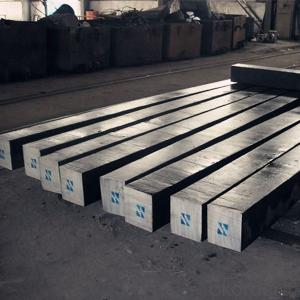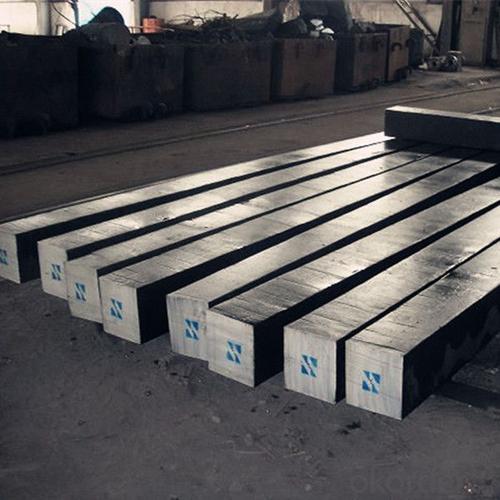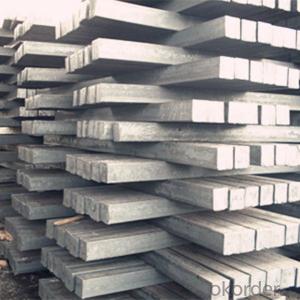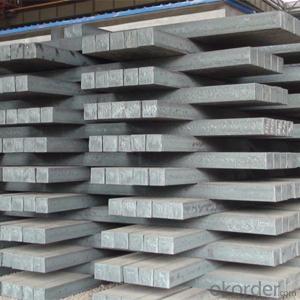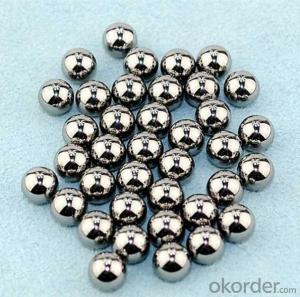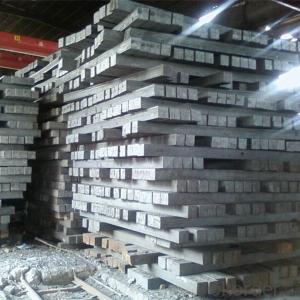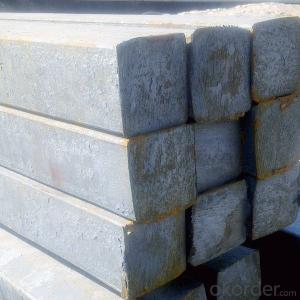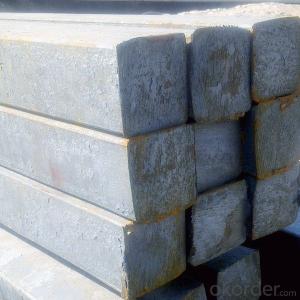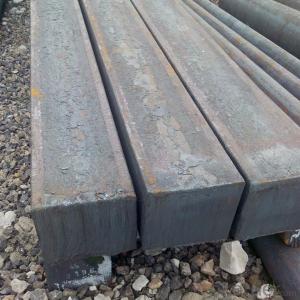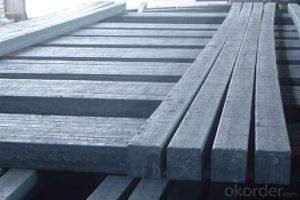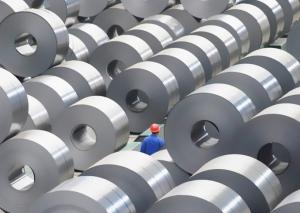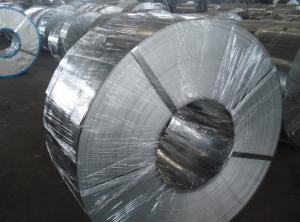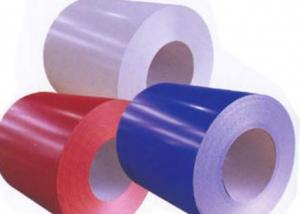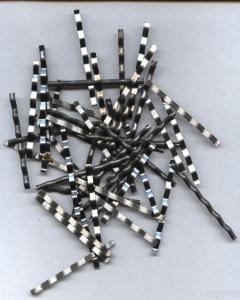Prime Steel Billets From China Tangshan Manufacutrer (3SP 5SP GR60)
- Loading Port:
- China main port
- Payment Terms:
- TT OR LC
- Min Order Qty:
- 25 m.t.
- Supply Capability:
- 50000 m.t./month
OKorder Service Pledge
OKorder Financial Service
You Might Also Like
Specification
Product Description
Prime Steel billets / Prime square bars
standard: GB JIS ASTM EN
Grade: Q195 Q235 Q275 3SP 5SP
Size: 60*60mm 80*80mm 100*100mm 120*120mm 130*130mm 150*150mm
Length: 6m-12m
Process: blast furnace continuous casting
electronic induction furnace coutinuous casting
Secondary rolling
Chemical composition
| C% | Mn% | Si% | P% | S% | Cr% | |
| Q195 | 0.06-0.12 | 0.25-0.5 | 0.3 | 0.05max | 0.045max | 0.4%max |
| Q235 | 0.14-0.22 | 0.3-0.65 | 0.3 | 0.05max | 0.045max | 0.4%max |
| Q275 | 0.28-0.38 | 0.5-0.8 | 0.35 | 0.05max | 0.045max | 0.4%max |
| 3SP | 0.14-0.22 | 0.4-0.85 | 0.3 | 0.05max | 0.045max | 0.4%max |
| 5SP | 0.28-0.37 | 0.5-1.0 | 0.35 | 0.05max | 0.045max | 0.4%max |
Payment: LC% AT SIGHT
Shipment date: 20-40days after received LC(according to your quantity)
PRODUCT PICTURE:
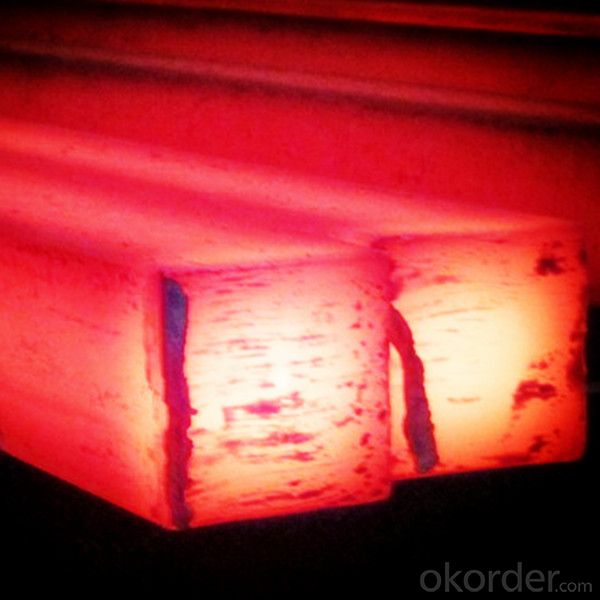
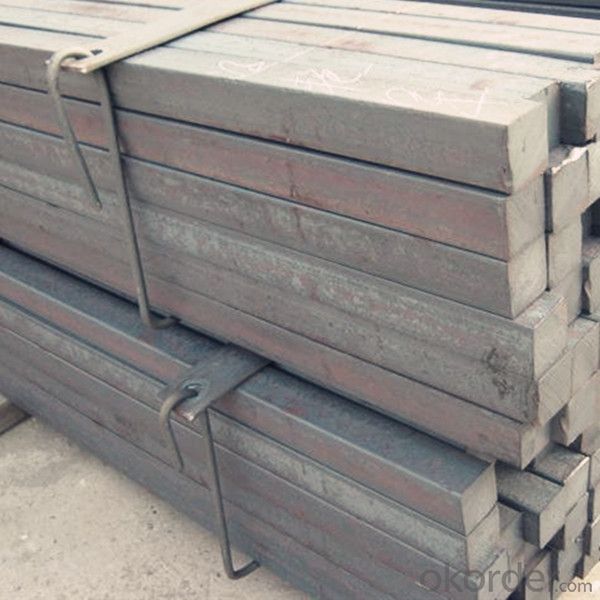
FAQ:
1. Q: Where is your company located? How can I visit there?
A: Our company is located in Beijing, China. Welcome to visit us.
2. Q: Can I get sample and how long will it take?
A:Yes. We can supply sample. And you need to pay for courier.
3. Q: What's the MOQ?
A: Our MOQ is 25mt.
4. Q: What's the delivery time?
A: It will take about 30 days after TT or L/C.
5. Q: What is the payment terms?
A: T/T, L/C at sight
6. Q: How does your factory carry out quality control?
A: We attach great importance to quality control.Every part of our products has its own QC.
7. Q: What certificate do you have?
A: We have SGS, ISO9001 etc. Also we can apply any certificate if you need if the qty is OK.
- Q: How do steel products contribute to the construction of theme-based amusement parks?
- Steel products play a crucial role in the construction of theme-based amusement parks by providing the necessary structural support and durability required for the various attractions and rides. From roller coasters to observation towers, steel is used to create sturdy frameworks that can withstand the forces and stresses associated with these dynamic and thrilling experiences. Additionally, steel is also utilized for creating decorative elements, such as themed facades and sculptures, enhancing the overall immersive experience for park visitors.
- Q: How do steel products contribute to the construction of theaters and concert halls?
- Steel products play a crucial role in the construction of theaters and concert halls. They are used for the structural framework, providing the necessary strength and stability to support the entire building. Steel beams, columns, and trusses are commonly used to create large open spaces, allowing for unobstructed views and accommodating extensive seating arrangements. Additionally, steel is used in the fabrication of stage equipment, rigging systems, and other infrastructure elements necessary for the smooth operation of performances. Its durability, versatility, and ability to withstand heavy loads make steel products vital in constructing robust and visually appealing theaters and concert halls.
- Q: What are the applications of steel gratings in industrial walkways?
- Steel gratings are widely used in industrial walkways due to their durability, strength, and versatility. These applications provide a safe and sturdy surface for workers to navigate through various industrial settings, such as factories, power plants, refineries, and construction sites. The open design of steel gratings allows for efficient drainage of liquids, preventing slip hazards and enhancing worker safety. Additionally, their robust construction can withstand heavy loads and provide excellent resistance to corrosion, making them ideal for long-term use in demanding environments.
- Q: What are the common types of steel products used in the wastewater treatment industry?
- Some common types of steel products used in the wastewater treatment industry include stainless steel tanks, pipes, and fittings. These materials are chosen for their corrosion resistance and durability, ensuring they can withstand the harsh and corrosive environment of wastewater treatment plants. Additionally, steel products are often used in the construction of various structures such as clarifiers, sedimentation tanks, and pump stations within the wastewater treatment industry.
- Q: How is steel used in the manufacturing of elevator systems?
- Steel is used in the manufacturing of elevator systems primarily for its strength and durability. It is used to construct the main structural components of the elevator, such as the frame, guide rails, and support brackets. Steel's high tensile strength allows it to bear the weight of the elevator car and passengers, ensuring the system's safety and stability. Additionally, steel's corrosion resistance properties make it suitable for elevator systems that may be exposed to various environmental conditions.
- Q: What are the different types of steel trusses and frames available?
- There are several different types of steel trusses and frames available, including simple trusses, Pratt trusses, Warren trusses, Howe trusses, and box trusses. Each type has its own unique design and structural characteristics that make it suitable for specific applications and load-bearing requirements.
- Q: What are the applications of alloy steel in manufacturing?
- Alloy steel has a wide range of applications in manufacturing due to its exceptional strength, durability, and resistance to corrosion. It is commonly used in the production of various machinery, tools, and equipment such as automotive parts, aircraft components, industrial machinery, and construction materials. Additionally, alloy steel is utilized in the manufacturing of pipelines, oil and gas drilling equipment, and high-pressure vessels. Its versatility and ability to withstand extreme conditions make it a preferred choice in many manufacturing industries.
- Q: How do steel products withstand extreme temperatures and weather conditions?
- Steel products are able to withstand extreme temperatures and weather conditions due to their strong and durable nature. The composition of steel, which includes iron and carbon, provides it with high tensile strength and resistance against deformation. Additionally, steel can be further enhanced through processes like galvanization or coating, which provide a protective layer against corrosion. This combination of strength and protective measures allows steel products to endure extreme temperatures, such as high heat or freezing cold, as well as harsh weather conditions like heavy rain, wind, or snow.
- Q: What are the different types of steel fasteners and their applications?
- There are several different types of steel fasteners commonly used in various applications. Some of the most common types include bolts, screws, nuts, and washers. Bolts are threaded fasteners that are used to join two or more components together. They come in different sizes and strengths, making them suitable for a wide range of applications such as construction, automotive, and machinery. Screws are similar to bolts but have pointed ends and are typically used to secure objects to a surface or to hold components together. Nuts are threaded fasteners that are used in conjunction with bolts to create a secure joint. They provide additional stability and can be easily tightened or loosened. Washers are flat, disk-shaped fasteners that are placed between a nut or bolt head and the surface of the material being fastened. They help distribute the load and prevent damage to the material. Overall, steel fasteners are essential components used in various industries for their strength, durability, and versatility.
- Q: How is steel profiled and cut?
- Steel can be profiled and cut using various methods such as sawing, shearing, laser cutting, plasma cutting, and waterjet cutting. Sawing involves using a circular saw or bandsaw to cut through the steel. Shearing uses a blade to trim or cut through the steel. Laser cutting uses a high-powered laser beam to melt or vaporize the steel, creating precise cuts. Plasma cutting involves using a jet of ionized gas to melt and remove the steel. Waterjet cutting uses a high-pressure stream of water mixed with abrasive materials to cut through the steel. The choice of method depends on factors like the type and thickness of the steel, desired precision, and production requirements.
Send your message to us
Prime Steel Billets From China Tangshan Manufacutrer (3SP 5SP GR60)
- Loading Port:
- China main port
- Payment Terms:
- TT OR LC
- Min Order Qty:
- 25 m.t.
- Supply Capability:
- 50000 m.t./month
OKorder Service Pledge
OKorder Financial Service
Similar products
Hot products
Hot Searches
Related keywords
